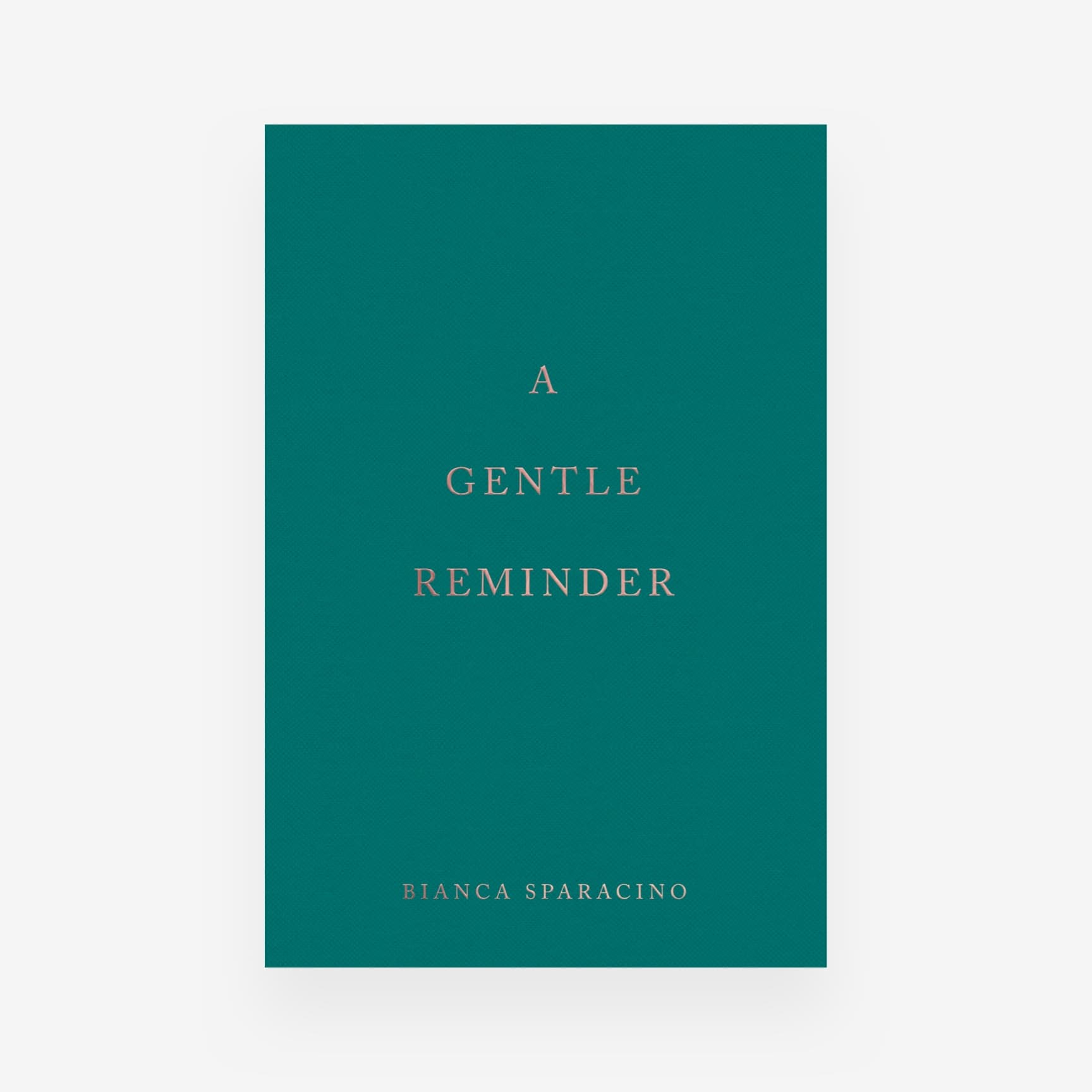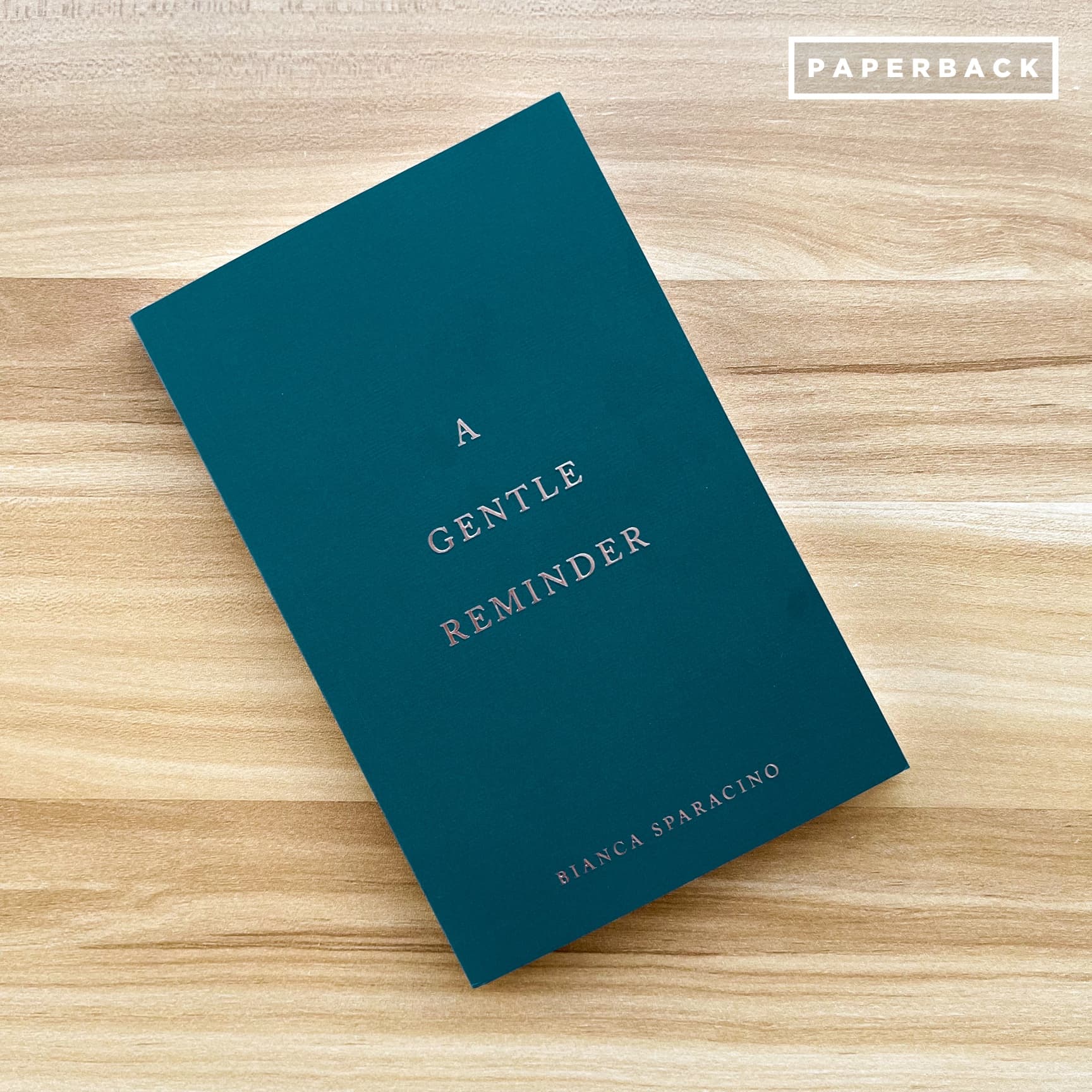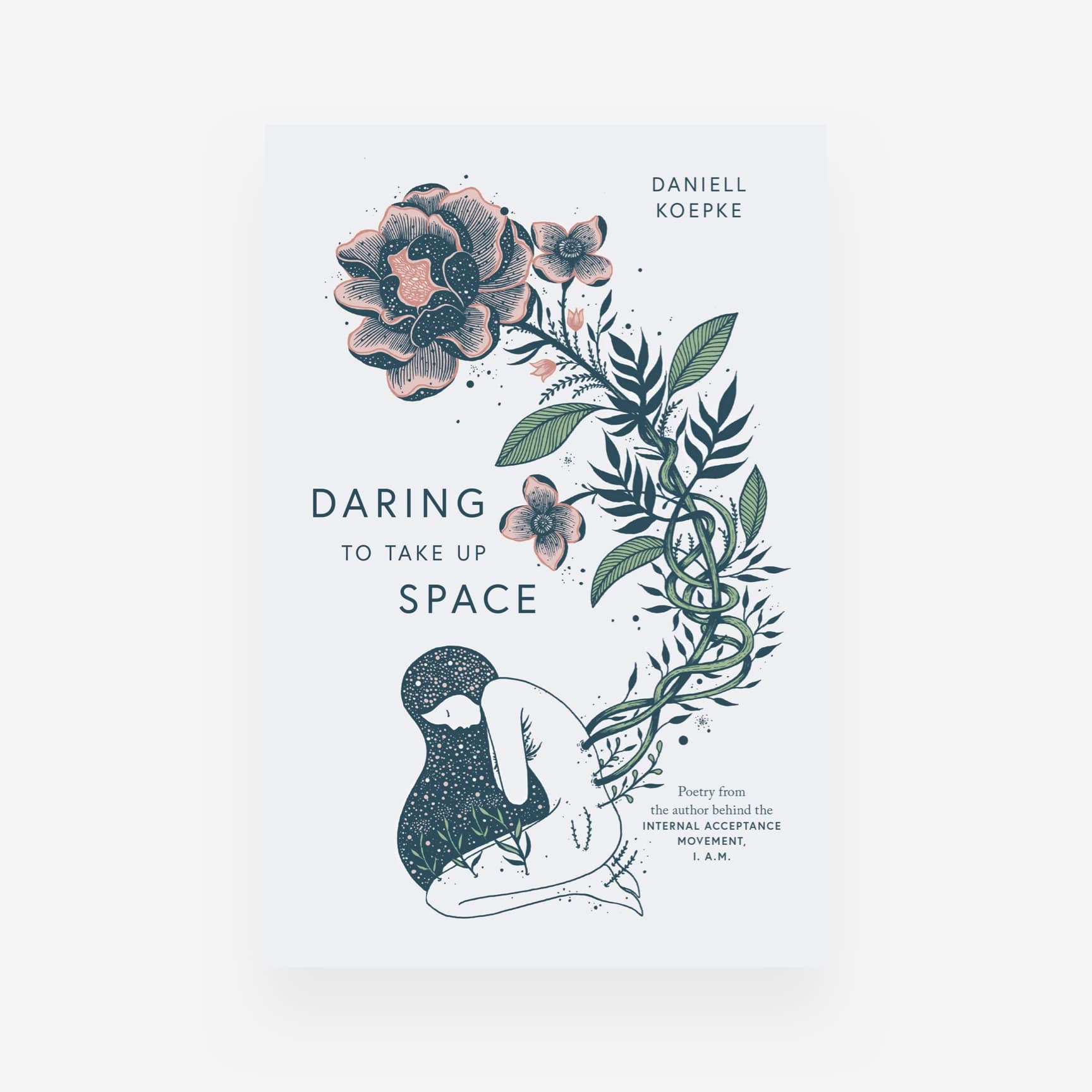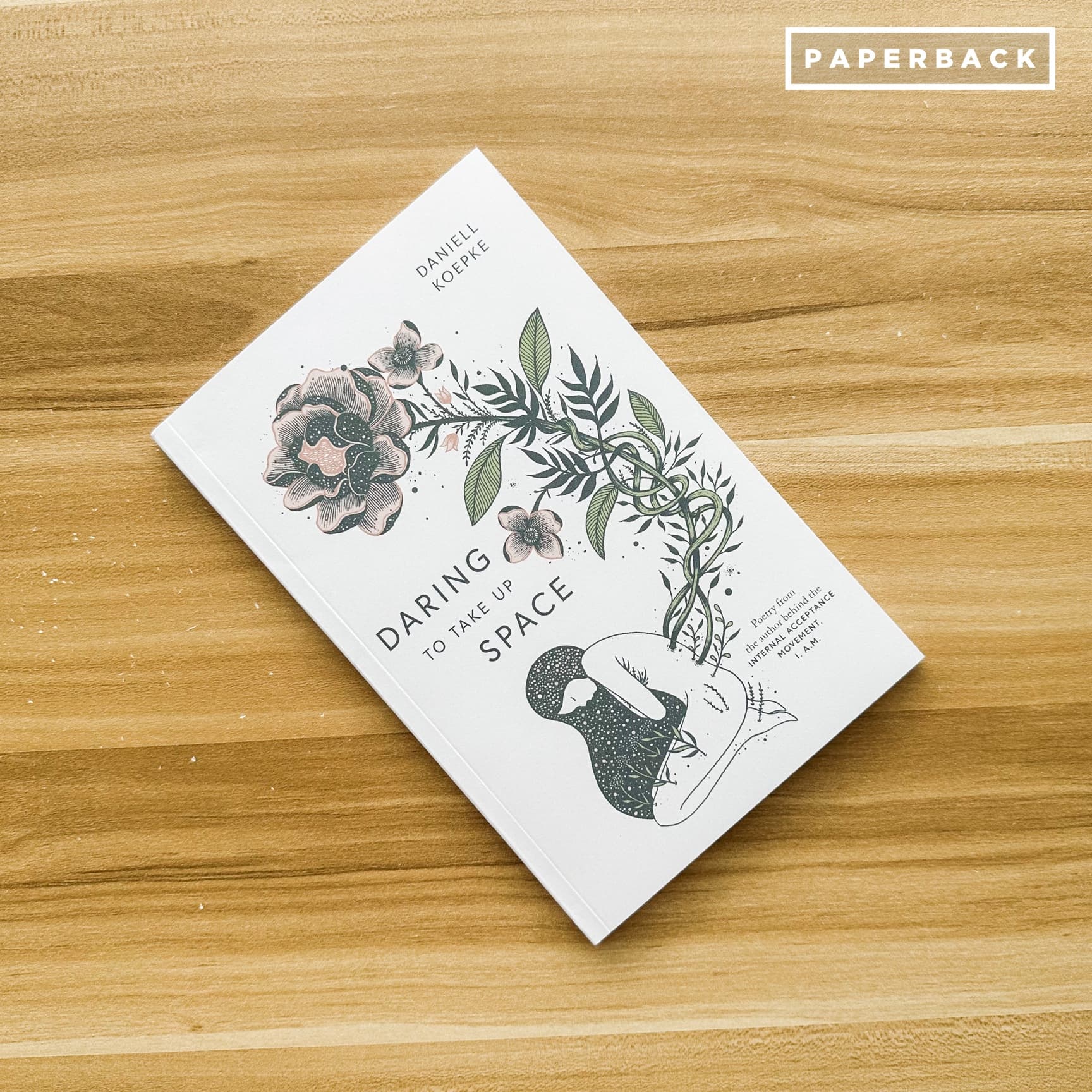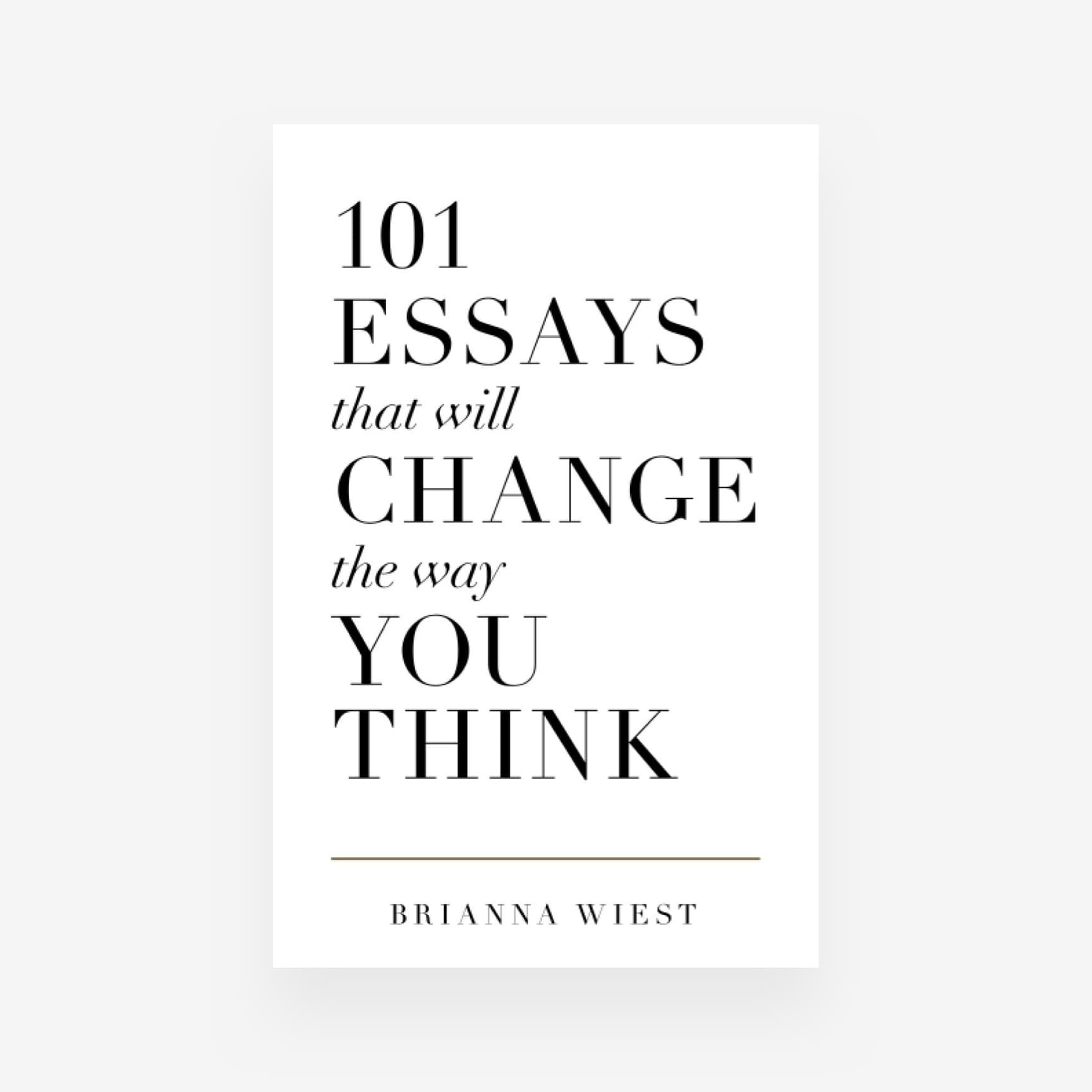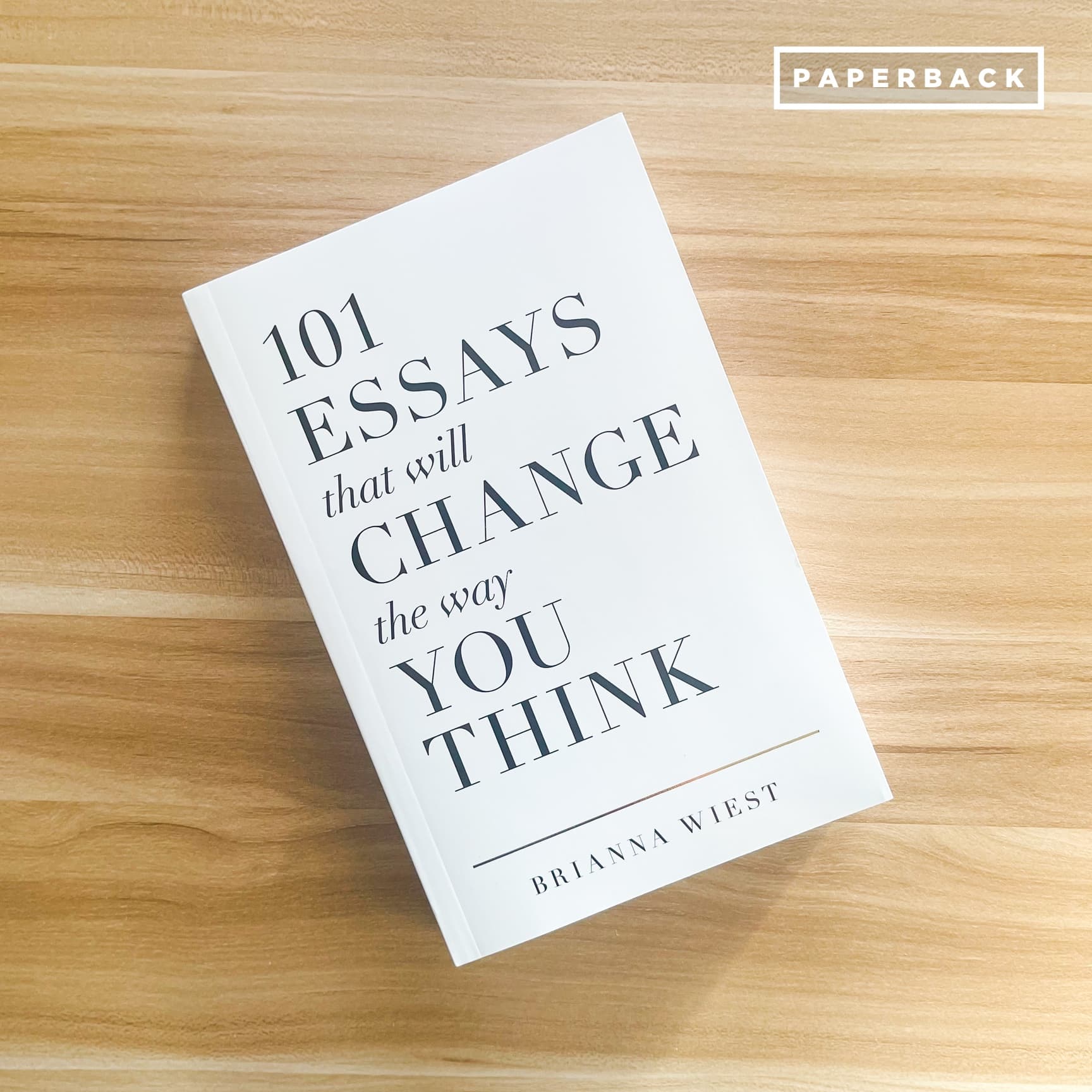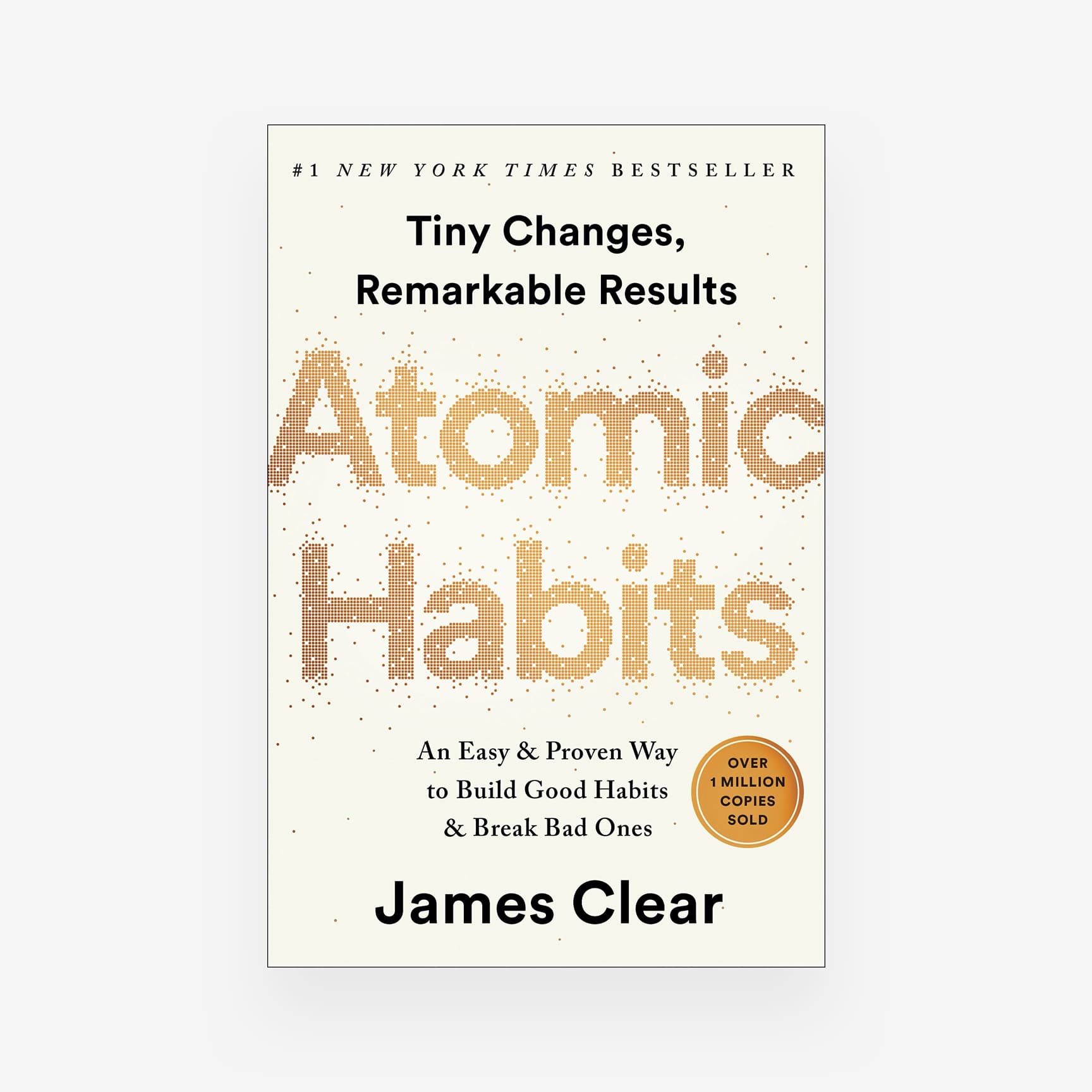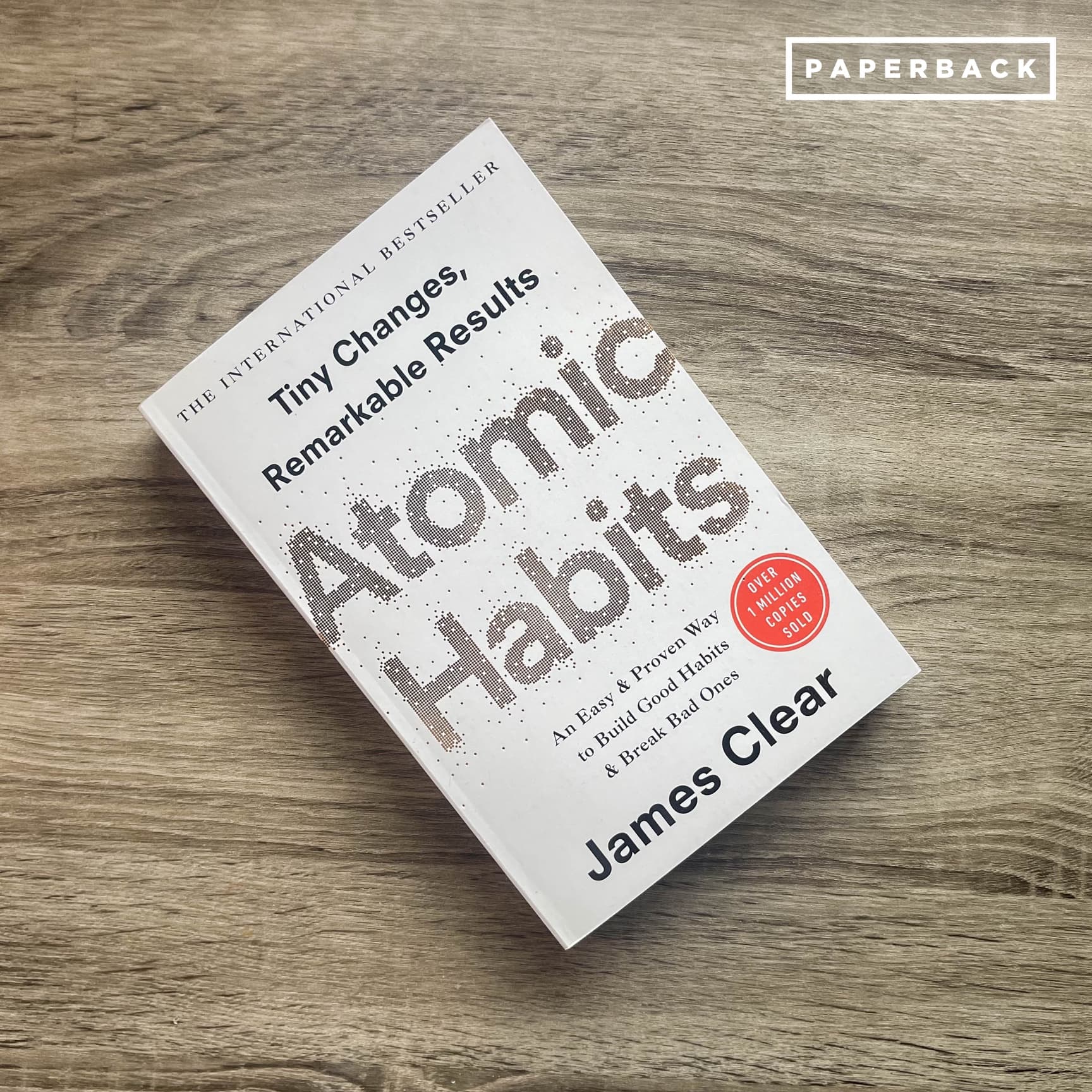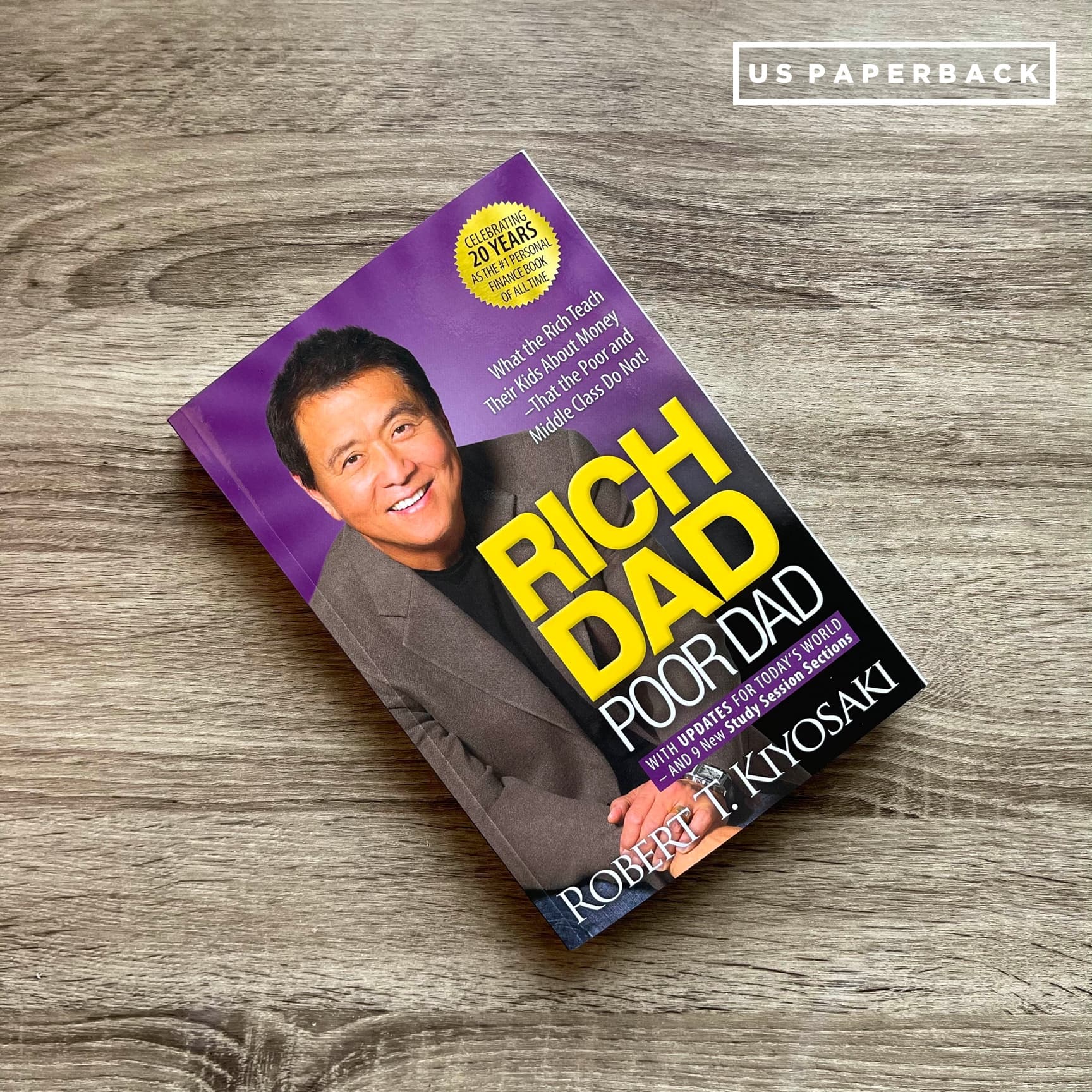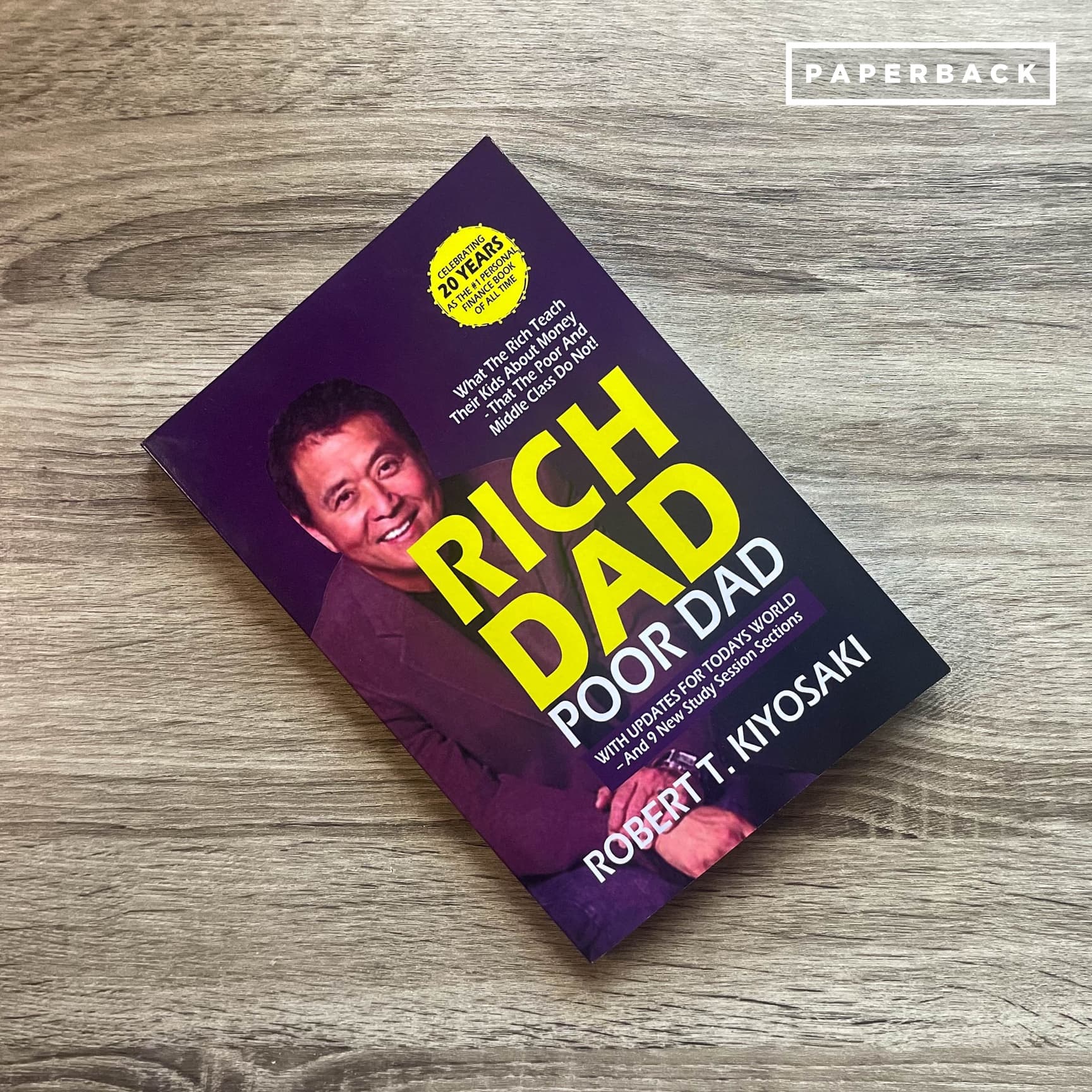These days, we see different initiatives and activities that are determined to get more people to grab a book and read. But, will you believe that this isn't the case during the 1800s? Yep! It was a different story in this period. Books were read-only to teach about philosophy, religion, and science. By this alone, we can say that reading before was done as a chore and not as leisure that we very much enjoy in the present.
During this time, the popular reading materials are The Guardian, The Mother's Magazine, and Rev. J.T. Crane's Popular Amusements. These highlights interesting texts that recommend the total absence of the elements of fictional literature. Why is that?

1. Fiction makes your mind weak.
A novel was always been considered as a "light" reading due to the reader's intention of reading it— which is for fun. The readers don’t have to exert too much brain activity as they wouldn't get moral instruction or knowledge from it. There's a theory that once a person doesn't do mind-stimulating reading, the thought processes end up deteriorating.
Although, fiction is a great genre to have a great adventure with, if we don't know how to maximize the information to our advantage, then all of the time spent is useless. It all boils down to applying the artificial details presented to the real world you are in. Constantly remind yourself that not all the presented information can occur in reality. There’s always a thin line between the mind of an author and the realm you belong.
2. Stories can leave you disappointed with reality.
Blame escapism. We tend to have that moment where running away from our problems is the easiest way to do it. Sorry to burst your make-believe world, but escapism only serves you as a temporary solution. At the end of the day, you end up seeing yourself getting drown and caught up with the things you so try to evade with.
Now and then, readers bury themselves with the fictional characters and stories to escape personal drudgery for the meantime. However, the real challenge for readers is how to detach from fiction and get bank in reality. In some cases, people will opt not to live in reality again as it makes them feel dissatisfied. Resulting in more daydreaming scenarios, which "destroys the balance of your mind". Or worse, will completely withdraw from everyday life to run off in a place of unicorns and mermaids.
3. Novels incite strong emotions.
Romance novels are the primary suspects in stoking the mood of a reader. Before, educators and religious leaders thought that these novels leave bookworms no choice but to get worked up too much. Both young women and men become so obsessed with the characters; especially with the figment of fantastical love. They are clinging to the idea that perfect love exists when in fact it doesn't.
On the other hand, there are those stories that are too painful to experience that discourage some readers to engage in such a way. The thought of being unable to move on from the ache scares them. If people continue to get caught in fantasy, then it'll be hard for them to face life's uncertainties and disappointments.
In all honesty, reading novels that stimulate human sentiments isn’t bad. What makes it harmful is when a person doesn’t know how to isolate and identify the difference between fiction from reality. Thus, getting obsessed with the non-existent world they created from their minds.
4. Numbs the soul to the devastation
In connection to the beforementioned how fiction was perceived by our ancestors, certain novels exist to break our hearts from the character's painful journey. For example, the popular, "The Fault in Our Stars" by John Green, made sure to leave an emotional impact on its readers. No wonder people opt to read it still despite its misfortunate turn of events.
However, critics felt uneasy that readers who prefer crime stories, sad tales, and gripping thrillers, their sympathy to others slowly strips off. Unintentionally, the books become an outlet to feel sad or wicked without any moral obligation nor sense of guilt.

Upon reading all of this, it's worth notetaking that there's nothing wrong to have more interest in fiction books. All of these were the 19th-century scholar’s point-of-view due to the nature of their trend and culture at that time. Regardless of the type of book you choose to read, reading is an art that should be done to give one’s self a good favor, rather than as an obligation. In a nutshell, books provide long-term effects for those who religiously read and are actively learning from it in the process. To remind yourself that this habit enables you to explore, manage, and modify oneself towards a better version of yourself.


